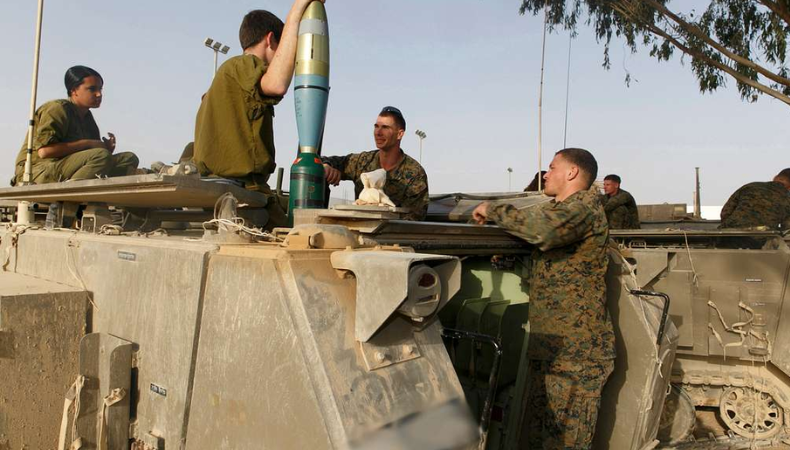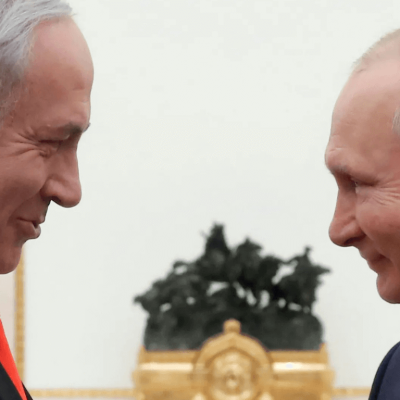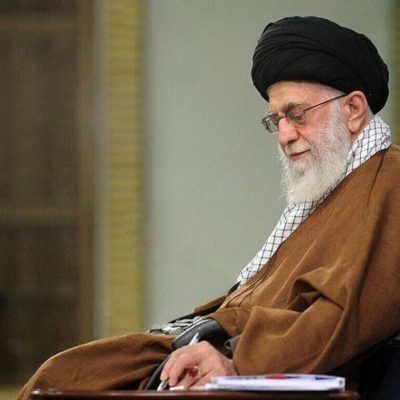Historic Ruling: Ultra-Orthodox Men to Be Drafted into Israeli Military

In a landmark decision, Israel’s Supreme Court has unanimously ruled that the military must begin drafting ultra-Orthodox men for military service. This ruling, announced on Tuesday, aims to overturn a longstanding practice under which Jewish seminary students have been exempt from conscription.
The decision has significant implications for the government, as Prime Minister Benjamin Netanyahu’s coalition relies heavily on religiously conservative parties that strongly oppose this move. The court’s decision underscores the principle that in the absence of a specific law distinguishing Jewish seminary students from other citizens, Israel’s compulsory military service system should apply equally to ultra-Orthodox men.
A Historic Shift in Military Conscription
For many years, ultra-Orthodox men have been exempt from military draft under longstanding arrangements that allowed them to focus exclusively on religious studies. However, the Supreme Court found that this exemption constituted “invalid selective enforcement,” highlighting a serious violation of the rule of law and the principle of equality before the law. The court’s ruling emphasized that during times of war, the burden of inequality becomes even more pronounced, making it imperative to enforce the law uniformly.
The court did not specify the exact number of ultra-Orthodox men who should be drafted, leaving the implementation details to the military and government authorities.
Societal and Political Ramifications
The exemption of ultra-Orthodox men from military service has long been a contentious issue in Israeli society, particularly among the secular public. This divide has been exacerbated during the ongoing eight-month-old conflict in Gaza, where the military has called up tens of thousands of soldiers and is in dire need of manpower. Casualties continue to rise, with the death toll of soldiers exceeding 600. Despite the increasing demands of the war, ultra-Orthodox political parties, which are critical partners in Netanyahu’s coalition, have resisted any changes to the current exemption system.
Educational and Workforce Preparedness
Ultra-Orthodox men typically attend special seminaries that concentrate on religious studies with minimal focus on secular subjects like math, science, and English. Critics argue that this educational background leaves them ill-prepared for military service or integration into the secular workforce. This situation is particularly pressing given the high birthrate in the ultra-Orthodox community, which is the fastest-growing segment of the population with an annual growth rate of about 4 percent. Each year, approximately 13,000 ultra-Orthodox males reach the conscription age of 18, but less than 10 percent of them currently enlist, according to the Israeli parliament’s State Control Committee.
Keep on Reading
The Path Forward
The Supreme Court’s decision marks a pivotal moment in Israeli society and governance. It calls for a reevaluation of longstanding policies and seeks to enforce a more equitable system of military conscription. The implementation of this ruling will require careful navigation of political alliances and social tensions. The government will need to balance the demands of the military with the deeply held religious convictions of the ultra-Orthodox community.
As Israel continues to navigate the complexities of its internal and external challenges, this ruling underscores the importance of upholding the rule of law and ensuring equality for all citizens. The decision represents a significant step towards integrating the ultra-Orthodox community into broader societal responsibilities while respecting their religious traditions. The coming months will be critical in determining how this integration will be managed and what impact it will have on Israeli society as a whole.







